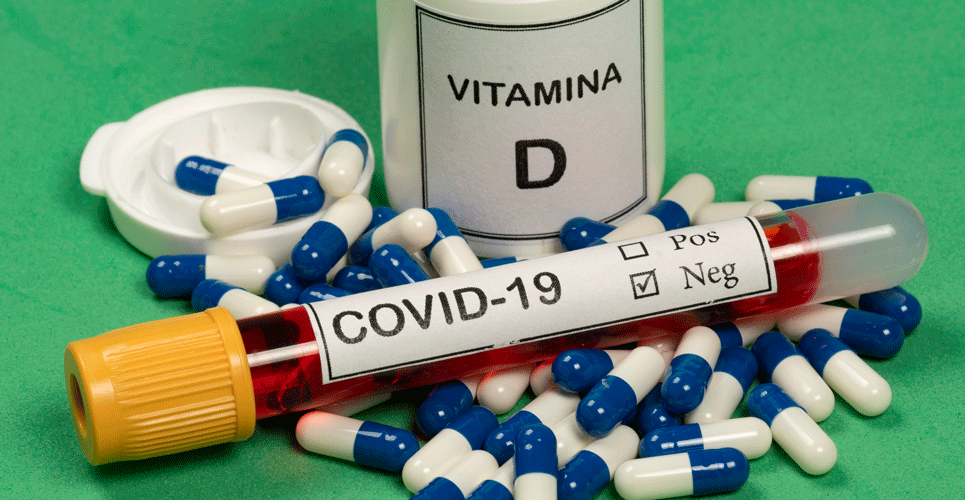Serum vitamin D levels may protect against the development of COVID-19 but appears to have little impact on other outcomes such as mortality
Serum vitamin D levels might protect against a COVID-19 infection but there is a lack of evidence for other benefits such as reducing disease severity or mortality, according to the conclusion of a systematic review (available as a preprint) by researchers from the Philadelphia College of Osteopathic Medicine, US.
The basis for a potential protective role for Vitamin D in those with COVID-19 arose from studies showing how the vitamin affects multiple immune system mechanisms including a dampening of the entry and replication of the virus, reducing concentrations of pro-inflammatory cytokines, raising levels of anti-inflammatory cytokines, enhances the production of natural antimicrobial peptide and activation of defensive cells such as macrophages. Much of the hope for the vitamin comes from a 2017 systematic review in which the vitamin was given as a supplement, concluding that it protected against acute respiratory tract infections and how those who had a deficiency of vitamin D or who did not receive bolus doses, experienced the most benefit. Moreover, throughout the COVID-19 pandemic, emerging data has demonstrated an association between deficiency of vitamin D and the severity of infection and subsequent post-infection mortality.
In the present review, the US researchers looked at studies assessing vitamin D levels and how this impacted on the level of infection, levels of inflammatory markers, disease severity and mortality. The team compared the effects of sufficient vitamin D (serum 25(OH) D levels > 30 ng/ml, insufficient (21 – 29 ng/ml) and deficient levels (< 20 ng/ml).
Serum vitamin D levels and COVID-19 outcomes
A total of 19 studies were included. Among those who tested positive for COVID-19, the median vitamin D levels were 27.08 nmol/L and 48.67 nmol/L in those who were negative. The authors termed this difference to be ‘near significant’ (p = 0.059).
In some of the included studies, elevated levels of C-Reactive Protein (which is a marker for inflammation) and therefore disease severity, were found to be significantly associated with low levels of vitamin D. In one such study, inpatients with a median serum vitamin D levels < 12 ng/ml had more severe disease compared to those with median values > 12 ng/ml (p = 0.004). However, this was not a consistent finding.
In relation to length of hospital stay (used as a measure of disease severity), studies were mixed, with some highlighting a significant association and others no difference. In fact, median vitamin D levels were 45.02 nmol/L in those categorised as having moderate severity disease and 38.08 nmol/L in those with severe disease and this difference was not significant (p = 0.22). Finally, the differences in serum levels between those who survived and died of COVID-19 were also not significantly different.
The authors concluded that there seemed to be a correlation between vitamin D deficiency and the likelihood of developing severe illness from COVID-19 when observing studies individually but that when comparing studies on a larger scale, the significant difference seemed to fade.
Citation
Kersh L et al. What is the Impact of Vitamin D Levels on COVID-19 Severity?: A Systematic Review. Research Square 2022

